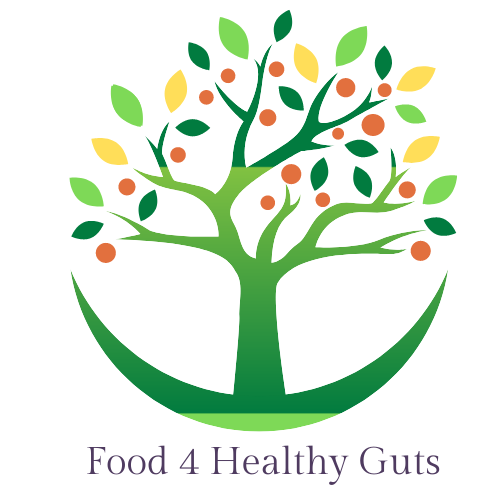SURVIVING the PARTY SEASON:8 TOP TIPS
December feels crazy. There is so much to do and get organised.
Here are my top tips for the party season. One less thing to worry about
Not a Grinch in sight
Sleep: Try when you not out partying to get some sleep.
When you can, go to bed and get up at the same time.
You don’t need to get out of bed, you can rest and read, maybe, but lying in bed half-dozing doesn’t make you feel better in the long run.
Sleep enables your body to consolidate memories and complete cellular repair. You need good sleep, and keeping your body in its natural circadian rhythm will help.
Exercise: Try and keep up with your exercise routine.
You might not be able to fit in as many sessions as normal, but something is always better than nothing.
Exercise gives us an endorphin rush, but also helps our lymphatic system to move around the body, keeping our immune system healthy
Get out in the fresh air: Getting out into the park, even if it is to sit on a park bench, is fantastic for your sleep and your mental health. Being in nature is beneficial for switching us into our parasympathetic (rest and digest) nervous system. Lowering stress and improving digestion
Alcohol: We all know the pros and cons of alcohol. If you are a menopausal woman then you probably now know that alcohol is not your friend and can disrupt your sleep. It can promote hot sweats and tempt you to overeat.
But December is all about parties, so my top tip for managing alcohol, is a very boring one I'm afraid, for each alcoholic drink, drink a glass of water.
Part of the reason for feeling hungover is dehydration and water will help.
Have a plan before you go out, maybe one cocktail and one glass of wine with dinner
What is your plan?
If you don’t think you will be able to have water between each alcoholic drink then how about an alcohol-free drink?
Try not to be pushed into drinking more than you want. Remember no one is watching you. I find having a tonic water in my hand that looks like gin and tonic stops the nagging.
Or have a glass of wine in front of you and don’t drink it. Yes, I know it is wasteful, but then so is a hangover day! what a waste of time.
Eat before going to a party. It is exciting to have someone cook for you, especially party food.
The problem with party food is that it tends to be;
High in fats, think sausage rolls and mini burgers.
High in carbs think crisps, nachos, and things that are cooked in breadcrumbs.
High in sugar think chocolate and cake.
When we are hungry we are more likely to eat foods that might trigger IBS symptoms or might give us indigestion, heartburn, or acid reflux.
It can also be difficult to know what is in party food, which is important if you have an allergy or a food intolerance. While some venues will try and make the labeling of allergens obvious it is much harder at a private party.
Top party tips
The day of the party
Eat a proper protein-based meal before the party. As close to the party as you can.
Protein keeps you full for longer
Try and add some fibre i.e. vegetables to this meal.
Vegetables are antioxidants and will protect your gut microbiome
Do not fast on the day of the party.
Fasting can be a stressor on your body.
If you eat a lot of high-carb, high-sugar food in a fasted state you will spike your blood sugar which may make you feel very unwell.
Plus in a fasted state you are likely to feel the effects of alcohol much quicker
The day after the party
Eat a proper protein-based breakfast to balance your blood sugar
Do not fast the day after a party.
Alcohol, a late night, poor sleep, and high sugar / fatty food may cause blood sugar fluctuations, which can lead to fatigue and dizziness in some people. You need to eat to gently balance your blood sugar.
Take a walk in the fresh air.
Rest if possible
Hydrate with filtered water and non-caffeinated drinks
Most importantly
Enjoy your self
Be grateful for your friends and family
Be safe
